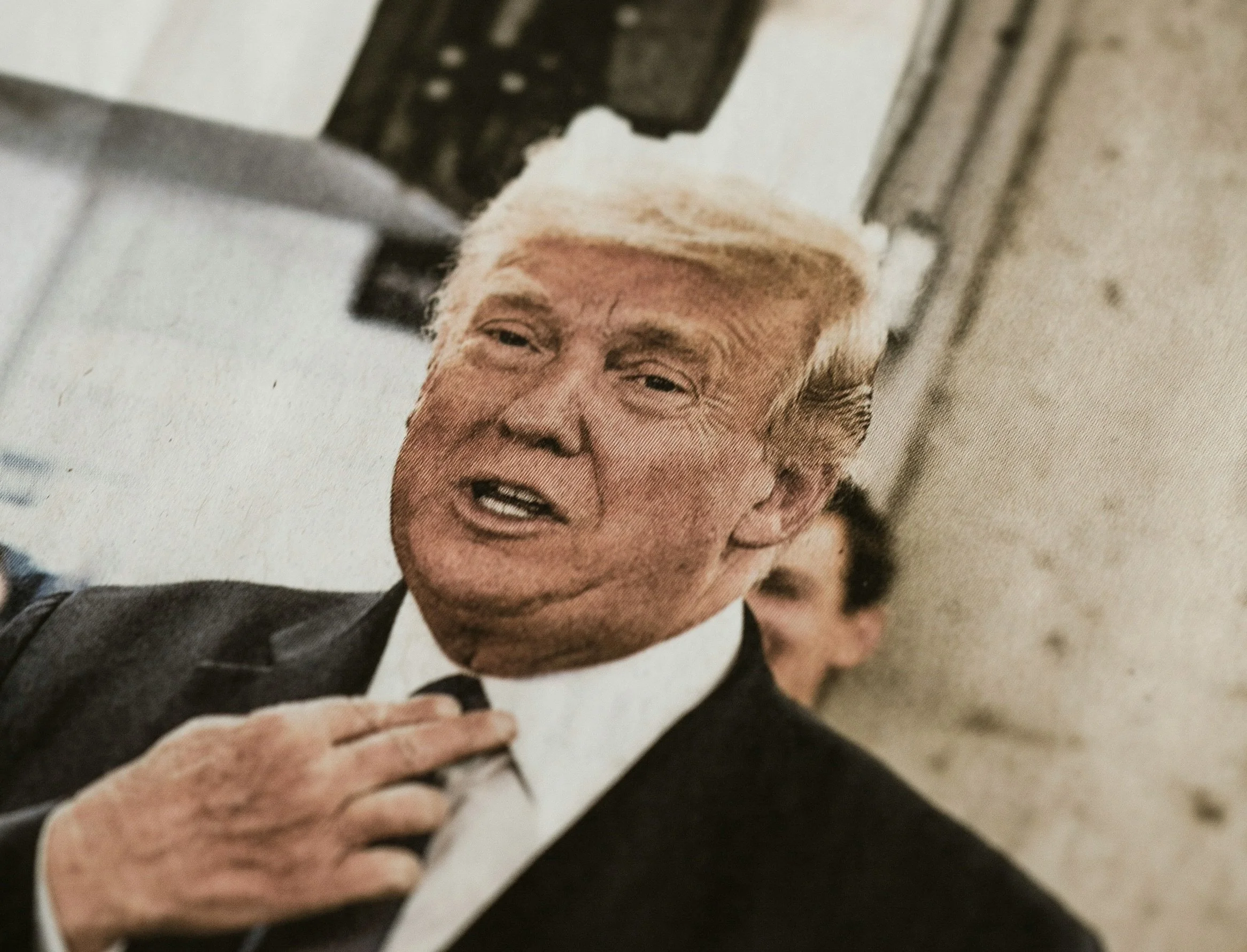What should Trump's successor do?
Liam Scotchmer
References listed below.
”The tariffs Trump has imposed was his own decision - that is, one man, [and] not a popular uprising." (The Economist 2025)
Okay so, imagine in 2029, Donald Trump has left the White House, and his successor must decide:
Reduce the tariffs and bring them back to 2% or continue them.
Surely the decision is a straightforward one, right?
Let's compare the pros and cons of reducing tariffs.
- Pros of reducing tariffs
Alleviate the economic pain
It would reduce prices for consumers, give consumers more choice, have less constraint on businesses and less inflationary pressure.(The Week 2025).Bring back confidence to businesses
Despite Trump's plans to have production return back to the US, currently the manufacturing industry has in effect laid off workers and incomes have fallen in part due to uncertainty. (Cerullo 2025). A robust decision may alleviate uncertainties.Result in a less "fertile ground for corruption" because of the influx in exclusion requests for tariffs. (The Week 2025)
"Retaliatory - or tit for tat - tariffs" against the US are less likely to happen. (The Week 2025)
And more
The AI investment boom has masked some of the economic damage, with the S&P500 up 12% this year. This is totally different from the Smoot-Hawley tariffs in 1930s which are blamed for "worsening the severity of the Great Depression in the US and around the world." (Kenton 2025)
This is a lesson for leaders that "turning inwards is foolish." (The Economist 2025)
- Cons of reducing tariffs
More competition
New/more competition from foreign countries may lead to business closures in AmericaFuture Inflexibility
Those companies that survive spent a great deal to relocate production to the US may not relocate once more if policies are changed again.Lower Gov Revenue
Tariffs are now a meaningful revenue maker for the US government - lower duties would therefore require the government to find new sources to make up for lost revenue.Some US companies are "making a killing"
Some US companies enjoying the reduced competition as a result of the tariffs are making more revenue. They may decline in performance.And more
The Economist's viewpoint is yes, end the tariffs.
What might lead to this? Well, it's unclear, but an interesting point The Economist made is, "paradoxically it would have helped if todays trade war were more.. warlike."
Nonetheless, it is good most countries haven't retaliated with tariffs of their own on the US, which would have made the harm from protectionism (IOW:tariff policies) clearer.
Anyways, the current crisis isn't super obvious as it's easier to ignore a reduction in competitiveness than "an acute crisis" (The Economist 2025). But the longer the tariffs remain, the bigger their impact.
Conclusion: From The Economist's point of view, even if tariff's don't cause outright catastrophe, and instead a gradual decline, there is case for a for a free trading president in 2028.
But what is your opinion?
Should Trump's successor reduce the tariffs or continue them?
References
---. ““Economic Self-Harm”: Trump Plans to Double Tariffs on Steel to 50 per Cent.” SBS News, 31 May 2025, www.sbs.com.au/news/article/trump-plans-to-double-tariffs-on-steel-to-50-per-cent/widknvox7.
UK, The Week. “Pros and Cons of Tariffs.” Theweek, The Week, 4 Feb. 2025, theweek.com/business/economy/pros-and-cons-of-tariffs.
---. “The U.S. Is Losing Thousands of Manufacturing Jobs, Analysis Finds.” Cbsnews.com, 9 Sept. 2025, www.cbsnews.com/news/jobs-manufacturing-trump-tariffs-economy/.
Kenton, Will. “What Is the Smoot-Hawley Tariff Act?” Investopedia, 9 July 2019, www.investopedia.com/terms/s/smoot-hawley-tariff-act.asp.
The Economist. “Would an All-out Trade War Be Better?” The Economist, 18 Sept. 2025, www.economist.com/finance-and-economics/2025/09/18/would-an-all-out-trade-war-be-better. Accessed 21 Sept. 2025.

